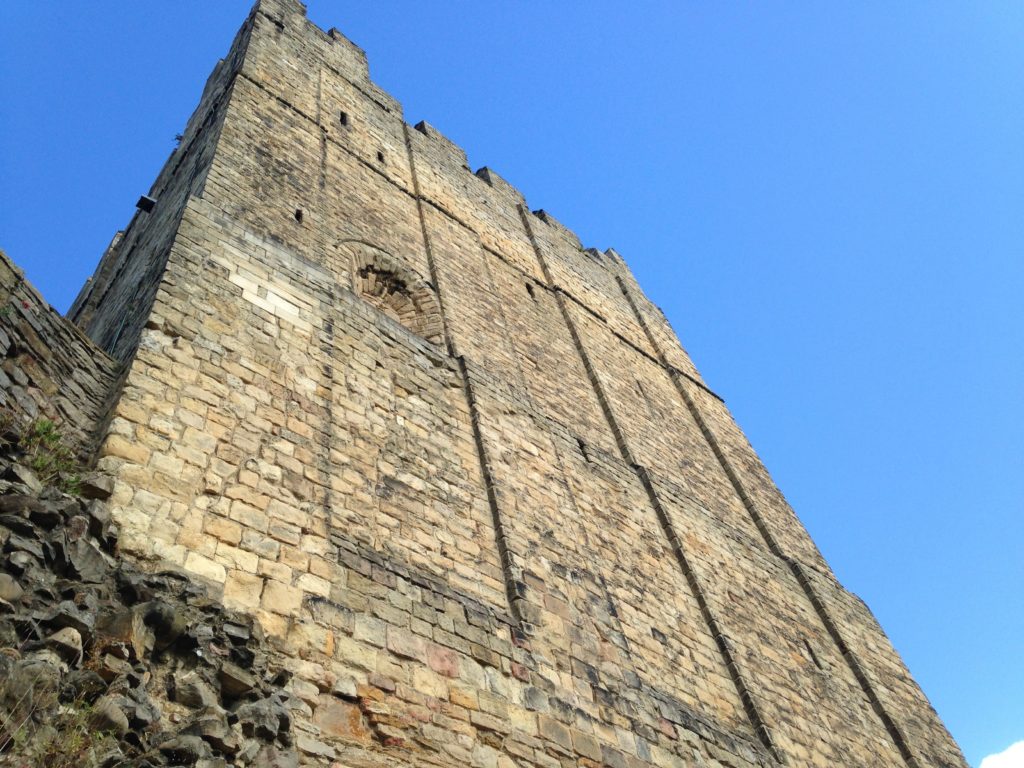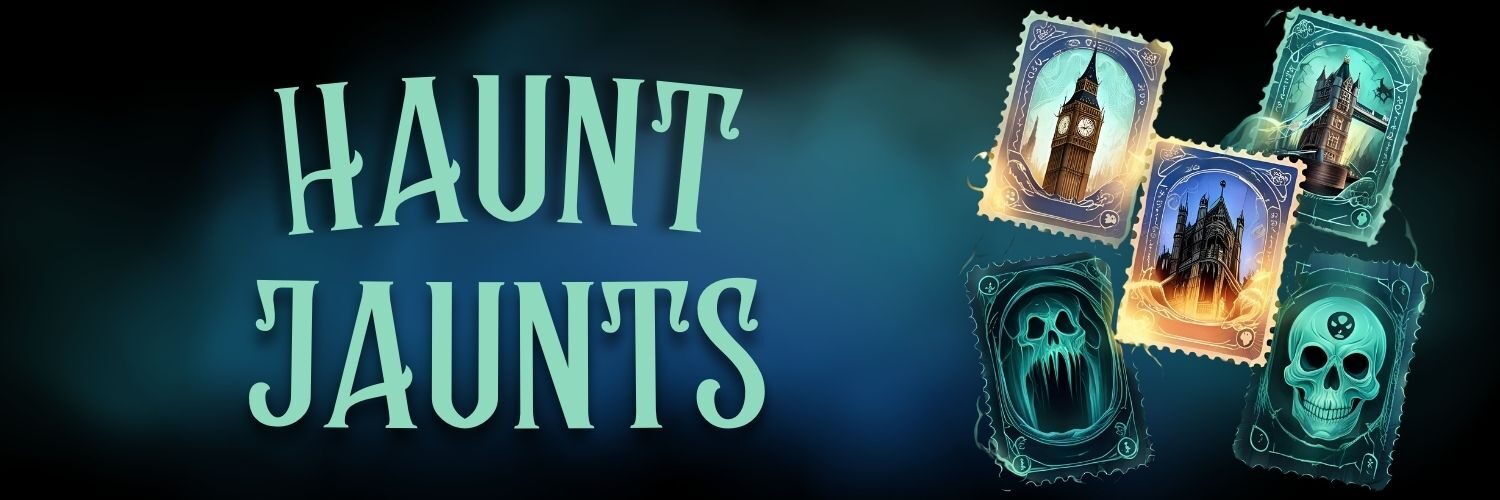In Part 1 guest blogger Psychic Investigator Paul Fitz-George described Whitby’s haunted history for his series “Whitby’s Fascination for the Literati or how Dracula met the Jabberwocky.”
In Part 2 we learned of Whitby’s influence on Bram Stoker. Part 3 focused on Wilkie Collins. Part 4 is about Whitby and Lewis Carroll.

That well known ‘nonsense poem’ The Walrus and the Carpenter’ from Lewis Carroll’s, ‘Through the Looking Glass and What Alice Found there’ (1872), appears to have been inspired by his long walks along Whitby’s beaches, the like of which you have seen in the pictures above.
Carroll stayed during his six visits to Whitby (1854-1871) at 5 East Terrace, which is now the La Rosa Hotel and he did so under his real name Charles Lutwidge Dodgson, Lewis Carroll being his pen name.
His visit in 1854 was as a student mathematics lecturer not a writer (mathematics was one of Carroll’s profession) and he was part of a group of mathematicians from Christ Church College Oxford, who were giving lectures in the town.
Whilst he obviously had a vocation in maths, Carroll’s heart and imagination seems to have been occupied elsewhere. One of his companions a Thomas Fowler, recalls that ‘Dodgson‘ (Carroll) used to sit on a rock on the beach, telling stories to a circle of eager young listeners of both sexes’ and that this seminal experience was in fact the genesis event for Alice’s adventures and his future writings.
He did in fact publish his first work at Whitby in 1854, a satirical poem called ‘The Lady of the Ladle’, this in the local paper which is still going strong today and is called The Whitby Gazette. The poem refers to parts of the town in its verse and mentions the prominent Royal Hotel, which was built in 1849 by George Hudson who was also known as ‘The Railway King’ and is the same Royal Hotel mentioned earlier in Stoker’s and Collins’ visit. Here is a verse from it to whet your appetite: –
The Youth at Eve had drunk his fill,
Where stands the ‘Royal’ on the Hill,
And long his mid-day stroll had made,
On the so-called ‘Marine-Parade’
Literary works aside, what then was Carroll’s involvement with the world of the supernatural?
Well in Whitby alas, not much as far as we know, though he may have been influenced by any one of its superstitions and ghostly tales.
However, he was interested in ‘the supernatural’ and was a member of the Society for Psychical Research, which he joined when it was first formed in 1882 along with another illustrious writer, Mark Twain.
He also authored a humorous poem, ‘Phantasmagoria’ in 1869, which is the most matter-of-factual and endearing ‘A-Z of haunting’ manual for ghosts that I’ve ever come across. The full poem being available at pinkmonkey.com: http://pinkmonkey.com/dl/library1/carol46.pdf
The other connection that Carroll has with ghosts and that probably had an impact on his Alice stories, is the story of ‘The Little Drummer Boy’, a story he would almost certainly have heard about when at school in Richmond, in the nearby Yorkshire Dales.
In this story, involving the town’s military garrison and set sometime during the 18th century (though no specific date is given), soldiers in Richmond castle find a partially blocked up secret passageway underneath the castle’s mighty walls, access seemingly available only via a small hole in the passage’s entrance. Unable to get through it themselves, they ask the regiment’s drummer boy if he could squeeze through it with his drum. Being a plucky soul he did this, dragging his drum through behind him. The soldiers then asked him to beat his drum whilst going through the passage’s dark gallery and they would listen from the street level above and follow the sound of his drumbeat to wherever this may lead them. He duly marched off and the soldiers scrambled to the surface and began to follow the tattoo he played on his drum.
Suddenly and near the famous old Easby Abbey, his drumming stopped and nothing could be heard. The soldiers cried frantically for him to start his drumming again, but received no answer and he was never seen again.

And so this well-known story of the ill-fated drummer boy, was probably an ‘itch’ in Carroll’s imagination which just had to be scratched in one way or another when the Alice story began to coalesce in his mind, her descent down the rabbit’s hole being analogous to the doomed drummer boy’s descent into the fatal passageway.
The last author in this series (but not quite the end of the series, as you will see) is Charles Dickens. Stay tuned. If you dare…
Got an idea you’d like to submit? We’re always looking for quality infotaining posts about true crime, horror, and the paranormal –or some blend thereof. Visit our Writers Wanted page for submission details. We’d love to have you join our Skeleton Crew!
P.S.
Yes.
That’s the answer to that question we know you’re wondering about. We do pay. Not a lot. Don’t get excited. But we believe in paying writers for their time and energy. You’ll find complete details on the Writers Wanted page.
